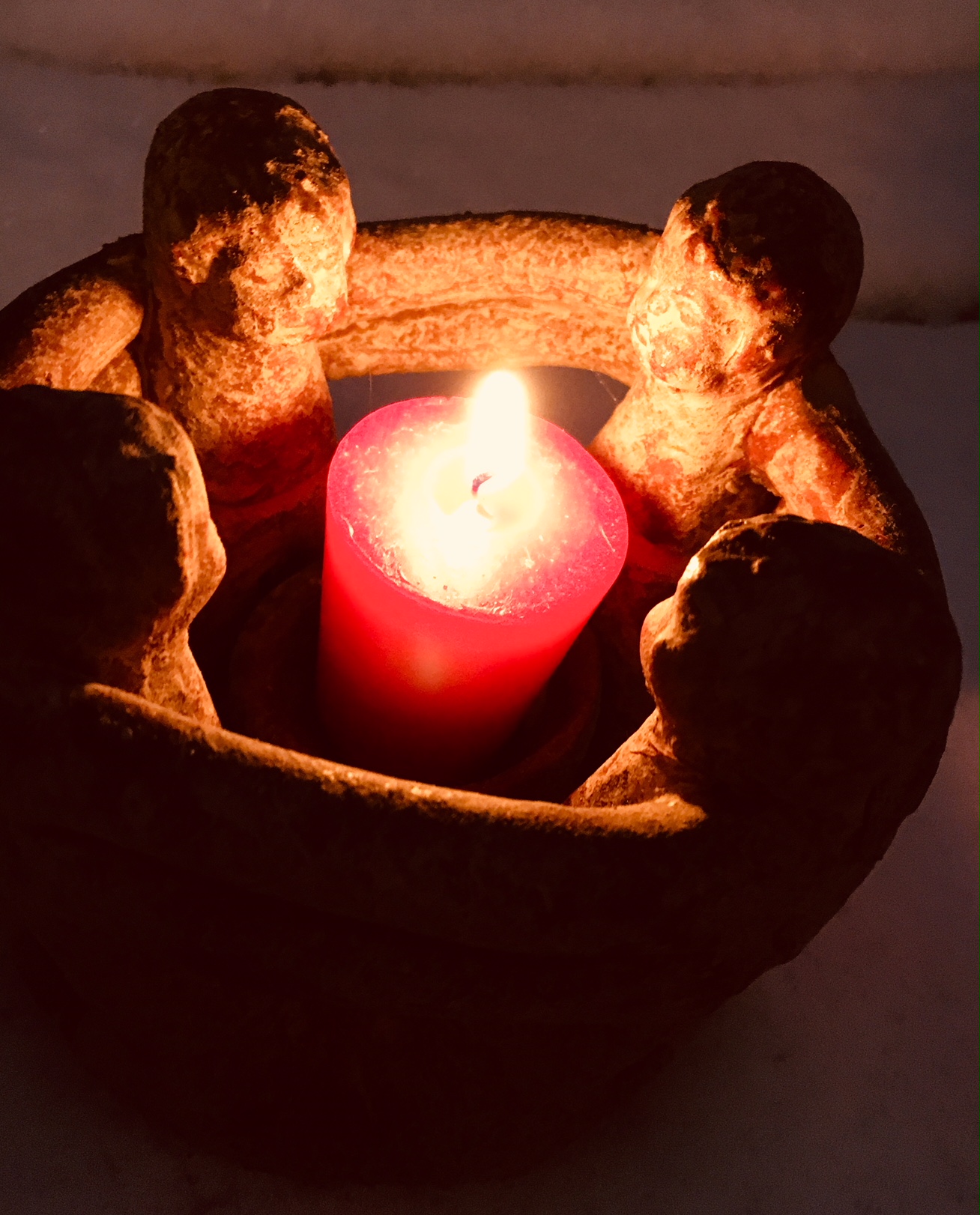The Witch of Endor: Clairvoyant and Compassionate

Read the Witch of Endor’s story: 1 Samuel 28
Profile in history: Low
Classic moment
Bringing back Samuel’s spirit for King Saul. She also tells Saul he will die the next day.
Who was the Witch of Endor?
- A woman from Endor who could summon the spirits of the dead
- An independent contractor (paid by the session)
- A woman living alone
- An outcast
What did the Witch of Endor say?
“Surely you know what Saul has done, how he has cut off the mediums and the wizards from the land. Why then are you laying a snare for my life to bring about my death?” 1 Samuel 28:9
“Whom shall I bring up for you?” 1 Samuel 28:11
“Why have you deceived me? You are Saul!” 1 Samuel 28:12
“I see a divine being coming up out of the ground.” 1 Samuel 28:13
“An old man is coming up; he is wrapped in a robe.” 1 Samuel 28:14
“Your servant has listened to you; I have taken my life in my hand, and have listened to what you have said to me. Now therefore, you also listen to your servant; let me set a morsel of bread before you. Eat, that you may have strength when you go on your way.” 1 Samuel 28:21-22
Likely characteristics
Skeptical; Countercultural; Wise; Clairvoyant; Intuitive; Hospitable; Compassionate
When did she live?
During Saul’s reign as the first king of Israel (Saul died about 1012 B.C.E; this story takes place then).
The Witch of Endor’s story
Imagine an old woman, living alone in a hillside cave, outside the small town of Endor. She is known by several names: fortune teller, medium, witch. An outcast, she supports herself through her remarkable ability to predict the future. Most jobs are closed to females; she exercises one of the few vocations in biblical times where a woman can earn a few cents.
On a night unlike all others, an old man stumbles to her door, asking her to roust a friend from the afterlife. She refuses, telling him that King Saul has banned such activity. For all she knows, the man dressed in rags is employed by Saul to find and arrest lawbreakers like her.
“There will be no punishment,” says Saul. “Trust me.”
She takes a chance, inviting him inside.
“Who is it you wish to speak with?”
“Samuel,” he says. “Samuel.”
The woman raises the spirit of Samuel—and then screams—for she realizes that she is standing between two of Israel’s most powerful men—one alive, one dead.
Angry that he has been roused, Samuel does not lighten the mood. Instead, he announces that death will take the king the very next day. Samuel disappears, and Saul falls to the ground. Condemned to die, he is also exhausted, for he has not eaten in over twenty-four hours.
With surprisingly deep compassion, the old woman begs the exhausted monarch to stay for a bite of bread so that he might have strength for the morrow. First he refuse, then accepts. Knowing that by her hand will come Saul’s last meal, she prepares a meal that is indeed fit for a king.
As was foretold that night because of her action, Saul dies the next day on the battlefield. Knowing that his life is to end and not wanting to die by the hands of Philistines, he falls on his own sword, thus ending the tenure of the first king of Israel.
Consider this
Ostracized for most of her life, the witch of Endor has finally found a place where she can live in relative safety and practice her vocation. When the knock on her door comes, then, she is justifiably concerned, for she has learned who is trustworthy and who is not.
Before her stands an old man: alone and scared. But trusting her instincts, she takes him inside. And no wonder he has sought her out—the only person he could trust to give him reliable advice, Samuel, was dead. What could be worse than being chased by evil spirits, imposed by God?
Reaching outside her comfort zones for fear of arrest, she summons Samuel. And when he arrives, she is terrified. No wonder she screams. Yet she stays at the cave with Saul until he leaves.
Like Mary of Bethany washing and anointing Jesus’ feet with priceless oil, (John 12:1-8) the woman offers Saul her most valuable material resource: a fatted calf. Like Mary, who gave Jesus the strength to walk to the cross, the witch gives Saul physical and emotional support during his last hours. Like the Last Supper, she feeds his troops, providing the king and his men one last meal together.
What might we learn from the Witch of Endor?
- Be insistently generous.
- Consider all gifts to be from God and use them wisely.
- People who seek healing are often hungry, in more ways than one.
- Give what you can while you can.
For reflection
The Witch of Endor had a range of God-given gifts. What were they?
Why did Saul seek out this woman? Was it a reasonable thing for him to do? Do you think it was bravery on her part to conjure up Samuel or was she afraid for her life? Did God inspire them to come together? If so, why? If not, why not?
The witch had two of the most powerful men in Israel standing with her, even though she had to practice her vocation on the edges of town, in the shadows. In some ways she is like a prostitute, visited by men under the cover of darkness. What does it mean that this witch and several prostitutes have such a strong presence in scripture?
Have you ever agreed to help someone and then been terrified at the result? If so, why?

